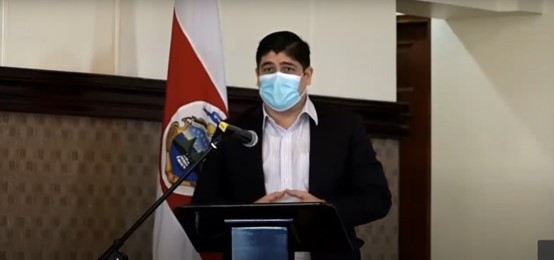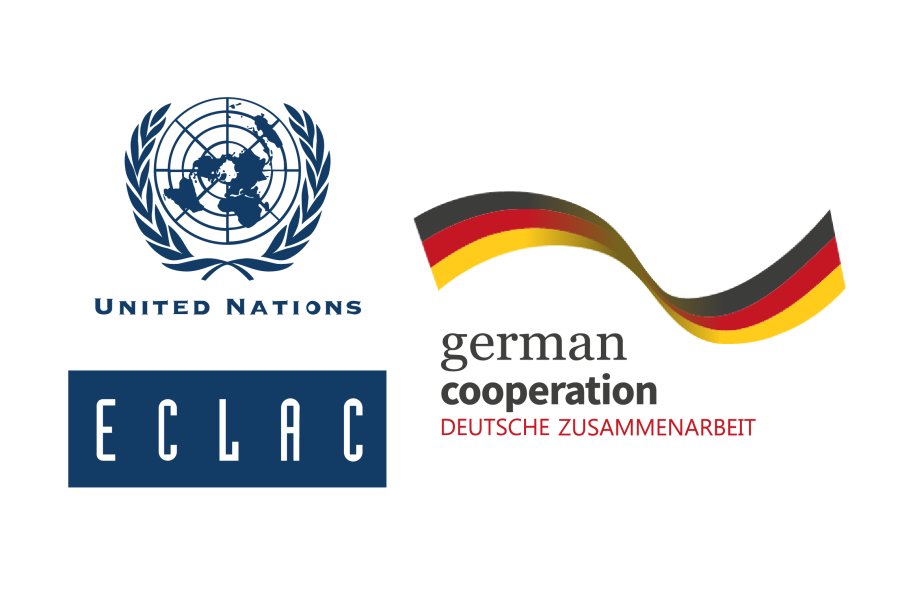Costa Rica launches National Bioeconomy Strategy
Work area(s)
Topic(s)
The process was supported by the ECLAC-BMZ/giz cooperation programme 07/2018-06/2020 on "Sustainable development paths for middle-income countries in the context of the Agenda 2030 for sustainable development in Latin America and the Caribbean".

The National Bioeconomy Strategy of Costa Rica is the result of a successfully coordinated process of various national ministries involving sectors and experts from science, technology and civil society. From the state side, the Ministry of Environment and Energy (MINAE), the Ministry of Agriculture and Livestock (MAG) and the Ministry of Economy, Industry and Commerce (MEIC), under the leadership of the Ministry of Science, Technology and Telecommunications (MICITT), were involved in the drafting process. In addition, the National Bioeconomy Strategy was accompanied by a regional consultation process, according to the administrative division of the country, and identifies more than 100 potential implementation projects. The Strategy has a direct link to the National Development and Investment Plan (2019-2022) and other international commitments of the country, such as the Agenda 2030, the Paris Convention and the Convention on Biological Diversity.
The cooperation programme ECLAC-BMZ/giz supported the process of developing the strategy during the entire cooperation phase 2018-2020 within the framework of the interdisciplinary ECLAC working group on "Big Environmental Push".
The launch of the Bioeconomy Strategy took place virtually on Friday, August 7 2020, in the presence of the President of the Republic of Costa Rica, Carlos Alvarado Quesada, ministers and vice-ministers, the Deputy Executive Secretary of ECLAC, Mario Cimoli, the representative of the United Nations Development Programme (UNDP), José Vicente Troya, the Chairman of the German Bioeconomy Council, Dr. Joachim von Braun and Manfred Häbig, Head of the Cooperation Programme ECLAC-BMZ/giz.
The National Bioeconomy Strategy is an initiative that has a knowledge-based, green and resilient, decarbonised and competitive economy as its model. It also proposes the application of the principles of a circular bioeconomy and the decarbonisation of production and consumption processes. At the same time, it provides a framework for the integration of public and private proposals, the orientation of investments, the development of incentives, the articulation of production and environment. The strategy aims to position Costa Rica as a knowledge-based economy with sustainable production of high added value and the fair and equitable use of its biodiversity.
In view of the global economic challenges caused by the COVID 19 crisis, the strategy has become even more relevant. The economic crisis, aggravated by the COVID-19 pandemic, has led to a scenario of multiple challenges for production systems: the challenge of more efficient production (or economic reinvention) and the challenge of maintaining value chains in order to preserve jobs and livelihoods, while trying to reap the benefits of sustainability and nature conservation in the context of climate change.
The National Bioeconomy Strategy is to be implemented in three phases over ten years: the impulse phase (2020-2022), the scaling-up phase (2022-2026) and the consolidation phase (2026-2030).
The President of the Republic of Costa Rica, Carlos Alvarado, said that "as a country against the backdrop of a pandemic, we face the challenge of accelerating the pace towards the bioeconomy, which will have an impact on the development of our regions and their productivity. The President also recalled that the promotion of the bioeconomy and the search for best practices in this field was part of the agenda of his trip to Germany in May 2019, where he met with Chancellor Angela Merkel. In addition, President Carlos Alvarado thanked Germany for its determined cooperation in developing the bioeconomy strategy.
Dr. Joachim von Braun, Chairman of the German Bioeconomy Council, also stated: "Costa Rica is now entering an elite league of bioeconomically based strategies. Of about 49 countries in the world that have developed bioeconomic policies, only 17 have specific bioeconomic strategies". After congratulating Costa Rica, he stressed that "it is a groundbreaking strategy that is building a very positive bio-ecological image".
More on the cooperation programme ECLAC-BMZ/giz can be read on the Website and on the page on the working group "Big Environmental Push".
Country(ies)
-
Costa Rica
